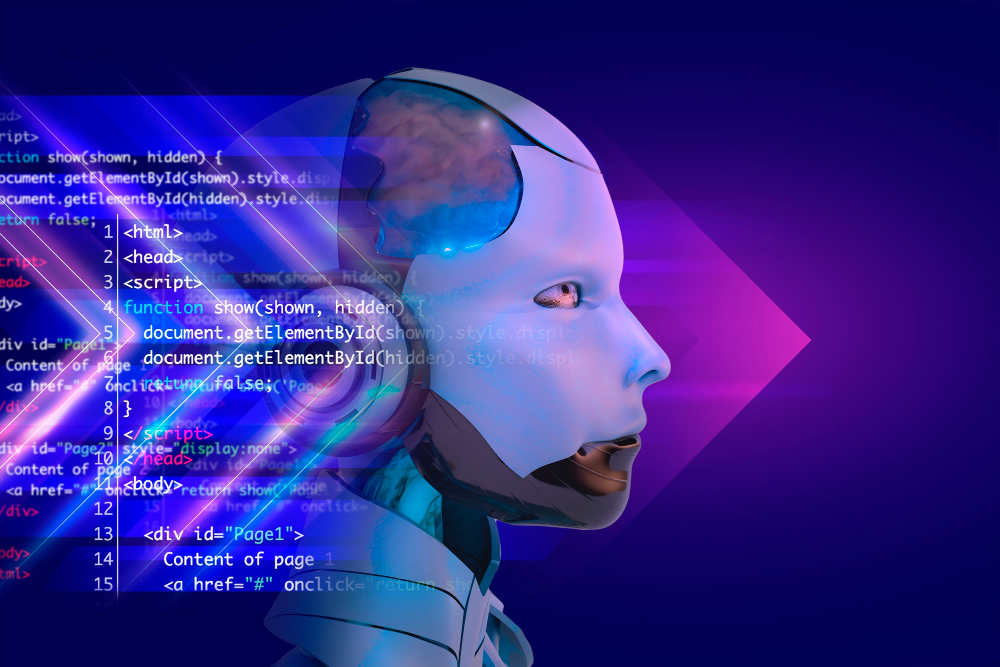Many visually impaired gamers find mainstream video games difficult due to limited accessibility features. Support groups enable players to share tips, recommend titles, and connect with others who face similar challenges.
Audio and text‑based mobile games are popular, yet console and PC titles often lack voiceovers or screen reader support. Adjustable visual presets could make mainstream games more accessible for partially sighted players.
UK industry bodies acknowledge progress, but barriers remain for millions of visually impaired players. Communities offer social support and provide feedback to developers to improve games and make them inclusive.
Would you like to learn more about AI, tech, and digital diplomacy? If so, ask our Diplo chatbot!









